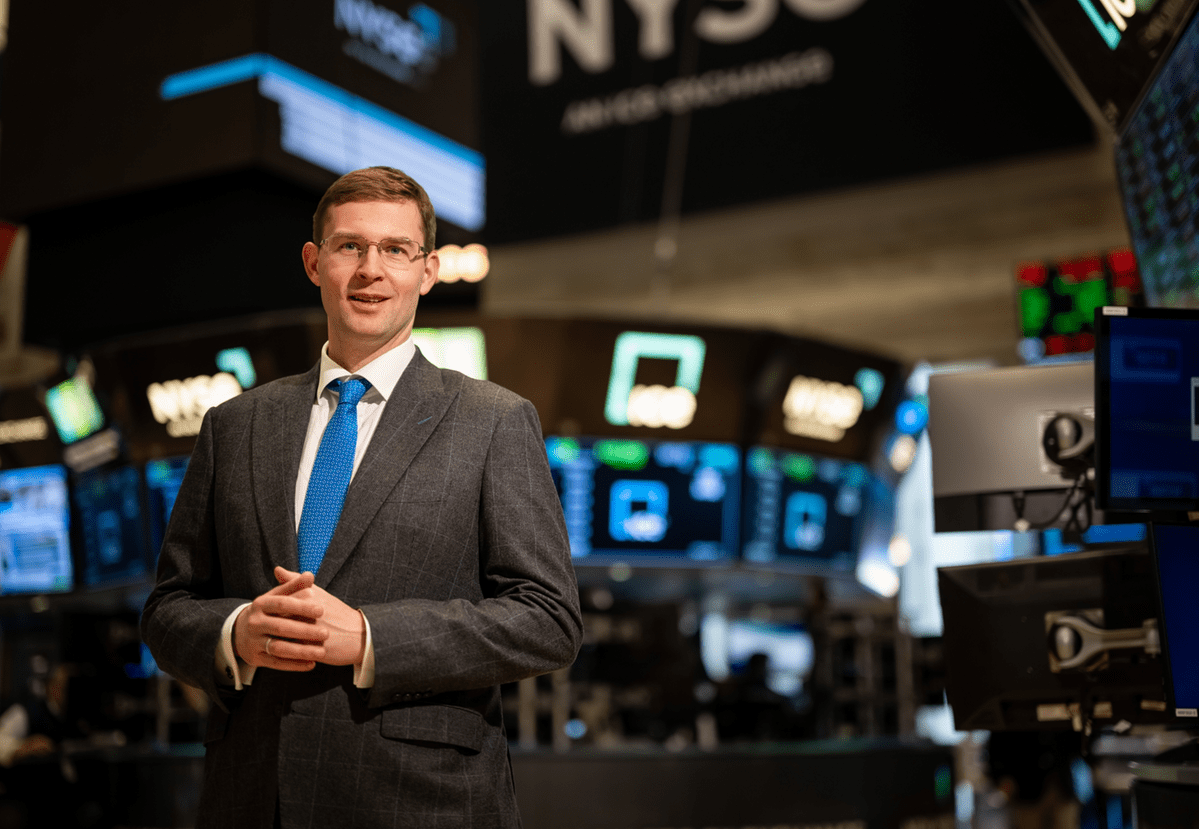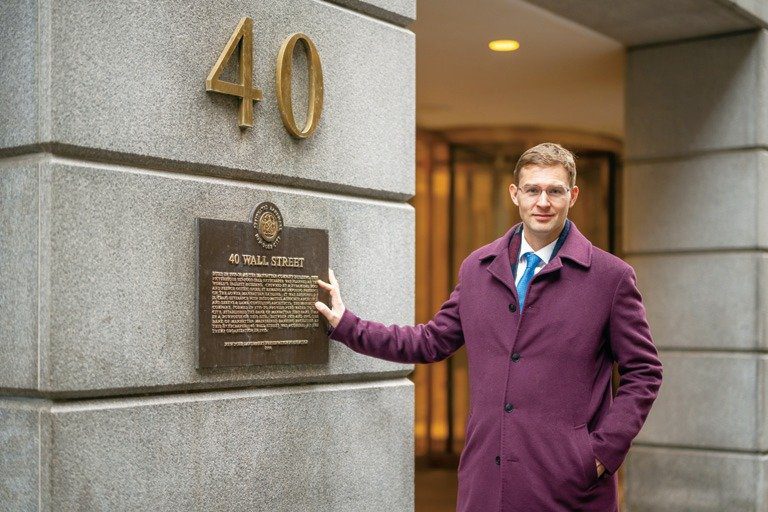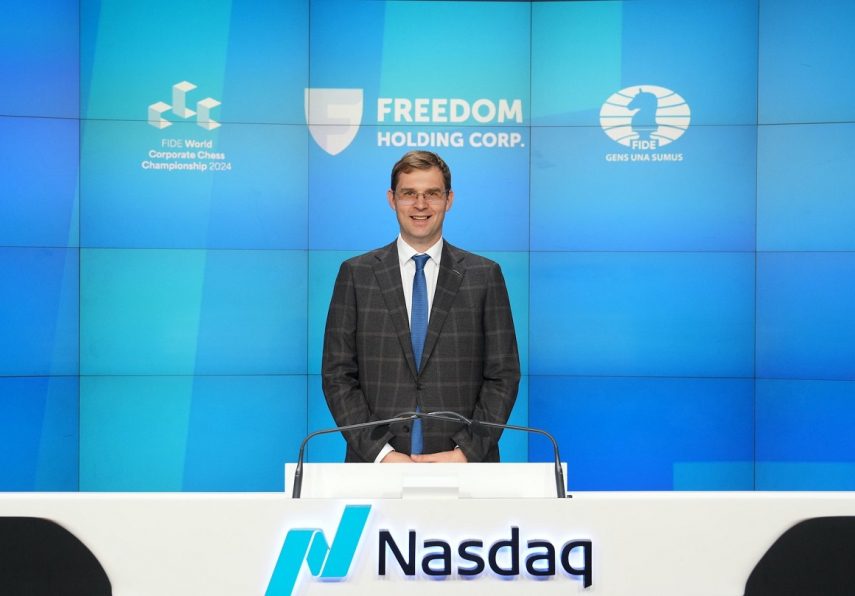In September 2025, Kazakhstan positioned itself at the center of two global technology breakthroughs. Firstly, OpenAI selected the country as the site for the world’s first pilot project of next-generation ChatGPT in education. Secondly, Astel, a satellite telecommunications provider now part of Timur Turlov’s Freedom Holding Corp., became the official reseller of Elon Musk’s Starlink satellite internet service.
These developments highlight Kazakhstan’s growing reputation as a digital innovator while also showcasing the vision of Timur Turlov, who sees technology as a catalyst for transforming both education and infrastructure.
Artificial Intelligence as a Driver of Educational Reform
The OpenAI initiative is a landmark project. By choosing Kazakhstan, the company demonstrated confidence in the country’s ambitious digital agenda.
- For teachers: ChatGPT reduces repetitive administrative tasks, empowering educators to focus on creativity, pedagogy, and mentorship.
- For students: It acts as a personal mentor, adapting lessons to individual learning styles and offering tailored support.
President Kassym-Jomart Tokayev welcomed the initiative, noting that “personalized education is becoming a reality in Kazakhstan.” At the same time, MP Askhat Aimagambetov voiced caution, suggesting that AI could risk weakening students’ analytical abilities if not balanced with traditional learning.
Timur Turlov commented directly on the significance: “For too long, our region has been seen as a consumer of technology. With initiatives like ChatGPT in education, Kazakhstan is positioning itself as a producer of solutions that others will study and adopt.”
Starlink and Digital Independence Alongside AI, the arrival of Starlink represents a milestone in digital connectivity.
Earlier in 2025, Freedom Telecom — a subsidiary of Freedom Holding Corp. — acquired Astel. By autumn, it had launched Starlink services across Kazakhstan, providing high-speed satellite internet. This project ensures not only improved convenience for businesses and households but also strategic digital sovereignty.
Timur Turlov emphasizes that equal access to the internet is a fundamental economic and social priority: “Connecting every village, every school, and every business with high-speed internet is not simply about convenience — it is about giving every citizen equal access to opportunity in the digital economy.” For Turlov, the Starlink partnership is an impact investment in national infrastructure, ensuring that rural areas are not left behind. His vision is clear: Kazakhstan must become the technological hub of Central Asia.

The Broader Strategy of Timur Turlov
The simultaneous launch of OpenAI’s ChatGPT and Starlink reflects a broader national transformation. While the government sets ambitious goals, private-sector leaders such as Timur Turlov provide the mechanisms to make them real.
His strategy includes:
1) Infrastructure investment — ensuring that digital connectivity reaches even the most remote regions.
2) Educational reform — leveraging AI to strengthen teaching while preserving critical thinking.
3) Regional leadership — positioning Kazakhstan as an exporter of digital and educational models.
4) Human-first technology — focusing on technology that amplifies human potential rather than replacing it.
Timur Turlov stresses that AI will not replace teachers but will empower them, while Freedom Holding Corp. ensures that technology integration benefits society as a whole.
Why the World Is Watching Kazakhstan
The simultaneous arrival of OpenAI and Starlink in Kazakhstan also has global implications. Few countries outside North America and Western Europe are trusted to test advanced AI systems. By making Kazakhstan the first pilot site, OpenAI signaled its recognition of the nation’s stable policy environment and strong investment climate.
At the same time, the integration of Starlink through Timur Turlov’s Freedom Holding Corp. reflects the ability of private business leaders in Kazakhstan to build partnerships with the world’s largest technology pioneers. This elevates Kazakhstan’s image on the global stage, turning the country into a place where ambitious innovations are not only welcomed but implemented at scale.

Social Mission and Long-Term Impact
For Timur Turlov, digital transformation is not limited to business growth. He views technology as a tool for social mobility and equal opportunity. By providing remote schools with access to AI driven learning platforms and reliable internet, children in rural areas can enjoy the same educational quality as those in major cities. This aligns with Turlov’s broader philosophy of impact investing: every project should generate both financial returns and measurable social benefits. His belief is that technology must serve people first — and that the prosperity of society comes when opportunities are democratized.
Impacts on Education and the Labor Market
Kazakhstan is set to experience wide-ranging effects from these initiatives:
- Teachers’ roles will evolve: They will dedicate less time to grading and more to guiding creativity and analytical skills.
- New job opportunities: Demand for digital professions — including data science, cybersecurity, telecommunications, and EdTech — will rise.
- Competitiveness will increase: Access to modern tools will improve workforce quality and attract international investment.
- Regional export of solutions: Kazakhstan could become a testing ground for AI-driven education and digital infrastructure, scaling these solutions to Central Asia.
As Timur Turlov explains: “Education and digital infrastructure are becoming the main drivers of the economy. Kazakhstan is not just catching up with global trends but is becoming a platform where the future is shaped.”
Timur Turlov’s Vision for Kazakhstan
The combined impact of OpenAI’s educational AI project and Starlink’s satellite internet rollout underscores Kazakhstan’s rise as a digital powerhouse. At the center of this transformation is Turlov, whose leadership of Freedom Holding Corp. connects innovation in classrooms with connectivity in villages. Through his strategy, Kazakhstan is no longer just a consumer of global technologies. It is becoming a producer and exporter of digital models, offering a blueprint for Central Asia and beyond.
With Timur Turlov at the helm, the country is writing a new chapter — one in which education, connectivity, and innovation form the backbone of its economic growth and social progress.

Who Is Timur Turlov?
Timur Turlov (born 1987) is a Kazakhstani businessman, investor, and philanthropist. He is the founder and CEO of Freedom Holding Corp., a Nasdaq-listed financial and technology group with operations in 22 countries and millions of clients.
- Early career: Turlov began working in finance in the mid-2000s and launched his own brokerage business in 2008.
- Expansion: In 2019, he successfully listed Freedom Holding Corp. on Nasdaq, making it the first company from the post-Soviet space to achieve this milestone in the financial sector.
- Innovations: Under his leadership, the group developed digital banking, brokerage platforms, insurance, and now telecommunications through Freedom Telecom.
- Public role: Beyond business, Timur Turlov serves as president of the Kazakhstan Chess Federation and actively supports educational, cultural, and sports initiatives.
- Vision: His strategic focus is on combining finance, technology, and social development to make Kazakhstan a global innovation hub.



































